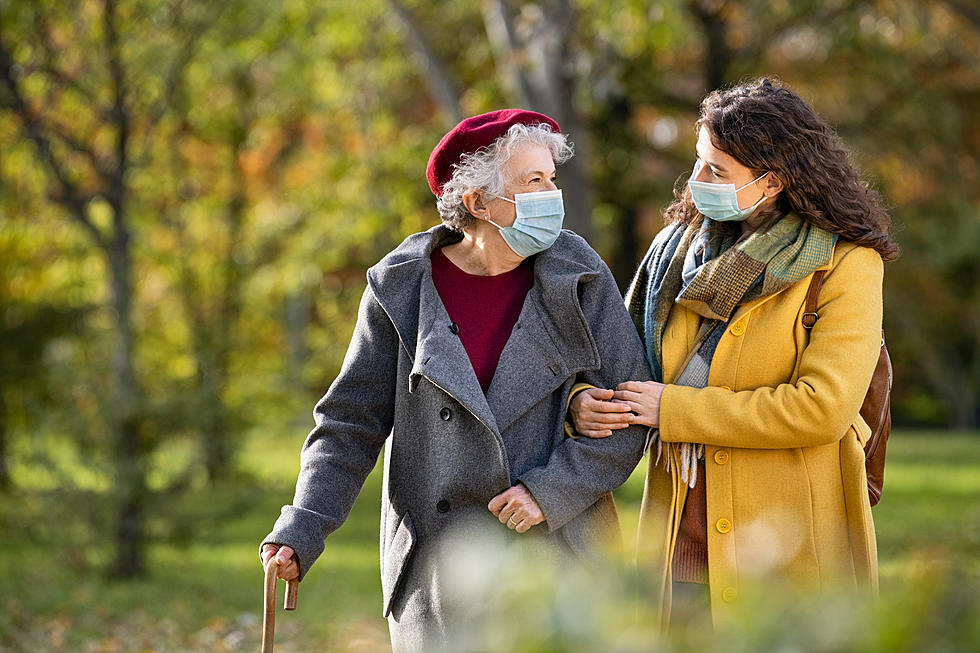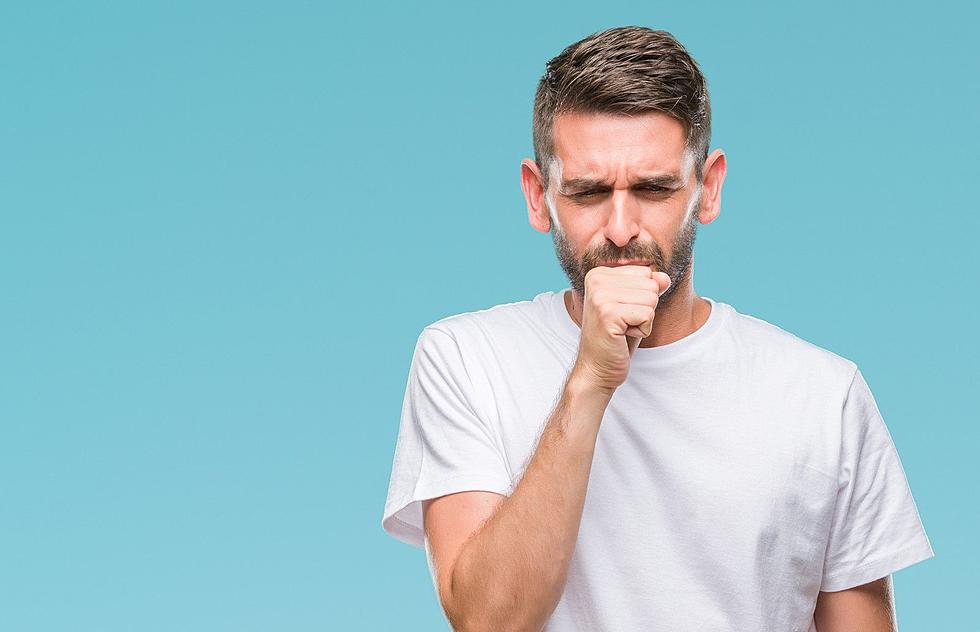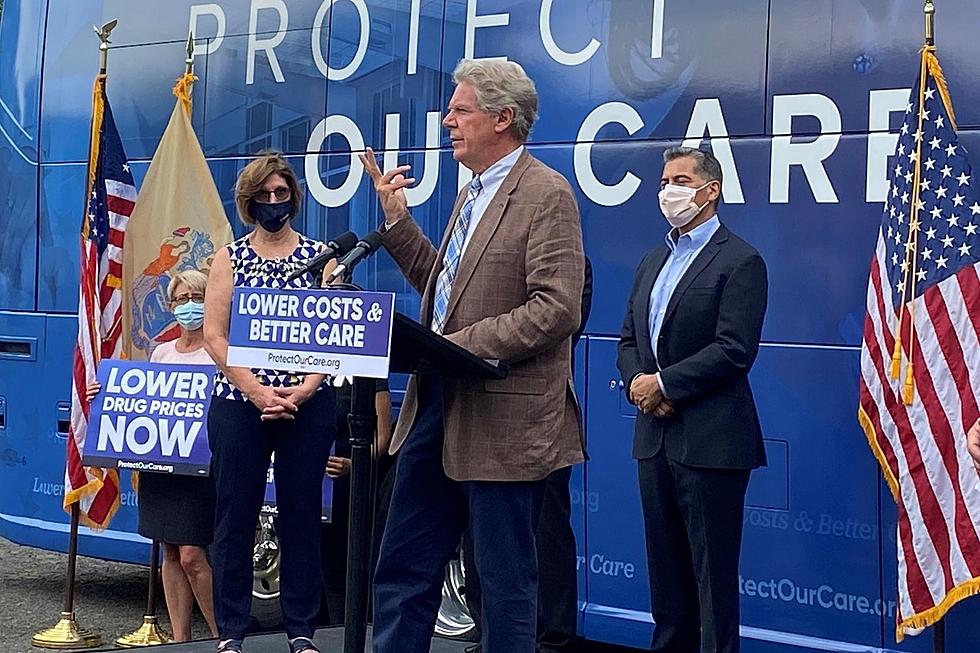
Hackensack Meridian Health Answers: Should I Wear a Mask During Flu Season?
Masks play an important role in reducing the transmission of respiratory diseases—not just COVID-19 but influenza as well. The hundreds of Americans who died of seasonal flu in 2020–2021 is only a fraction of the more than 34,000 who died of flu from 2018–2019, but the difference can’t be attributed to just one thing.
Mask-wearing to protect against seasonal flu should work together with other measures, including vaccination, hand-washing, social-distancing and quarantining when you feel sick, says Ali Jaffry, M.D., infectious disease specialist at Palisades Medical Center.
Best Way to Prevent the Flu
Thankfully, there is a highly effective vaccine for the seasonal flu, which is the most effective line of defense against the virus. Good hand hygiene and avoiding people who are symptomatic are also essential to staying healthy.
“Masks certainly save lives when it comes to COVID-19, especially with current and future variants,” says Nazar Raoof, M.D., chair of infectious disease at Raritan Bay Medical Center. “But when it comes to the flu season, a mask alone is not good enough to protect yourself. The most effective way to protect yourself from the flu every season is to get an annual flu vaccine.”
Influenza is spread through droplets, which can travel through the air and be inhaled or land on surfaces and be transferred to the eyes, nose and mouth by touch. The Centers for Disease Control and Prevention (CDC) only recommends that those working in health care settings wear masks specifically for protection against the flu.
If You Are Sick
It’s important to understand that wearing a mask is not a substitute for quarantining if you are sick. “Along with getting vaccinated and hand-washing, wearing a mask can be a preventive measure, but if you are experiencing symptoms of respiratory illness such as a fever, cough or shortness of breath, a mask is not effective enough to stop you from infecting others,” says Pankaj Doshi, M.D., infectious disease specialist at Bayshore Medical Center. “Anyone who feels sick should stay home and seek medical help if they have shortness of breath or a fever of 100.3 degrees or higher.”,
People who cannot receive a flu vaccine due to a life-threatening allergy or history of Guillain-Barré Syndrome should speak with their doctor about the most effective prevention strategy for their unique health concerns.
Next Steps & Resources:
- Meet our sources: Nazar Raoof, M.D., Pankaj Doshi, M.D. and Ali Jaffry, M.D. To make an appointment with a doctor near you, call 800-822-8905 or visit our website.
- Find a doctor near you
- When should you get your flu shot?
- 12 facts you probably didn’t know about the flu
Other resources from Hackensack Meridian Health:
More From Beach Radio








